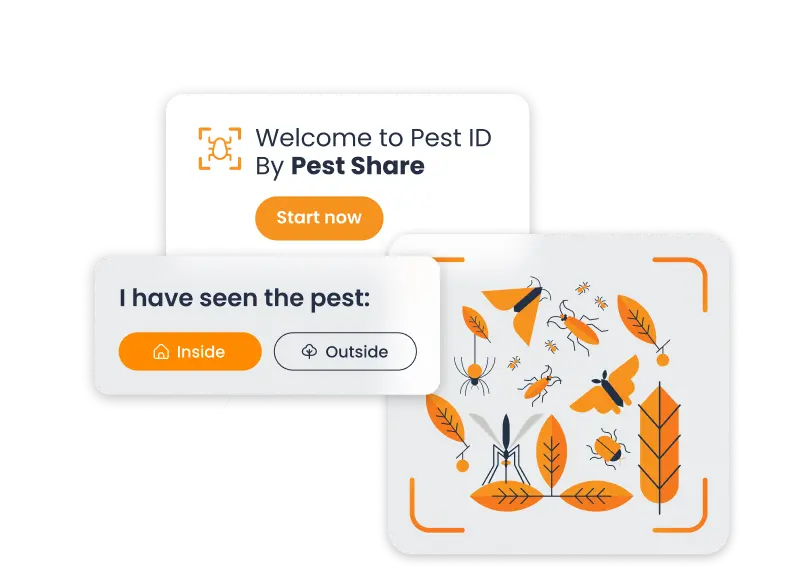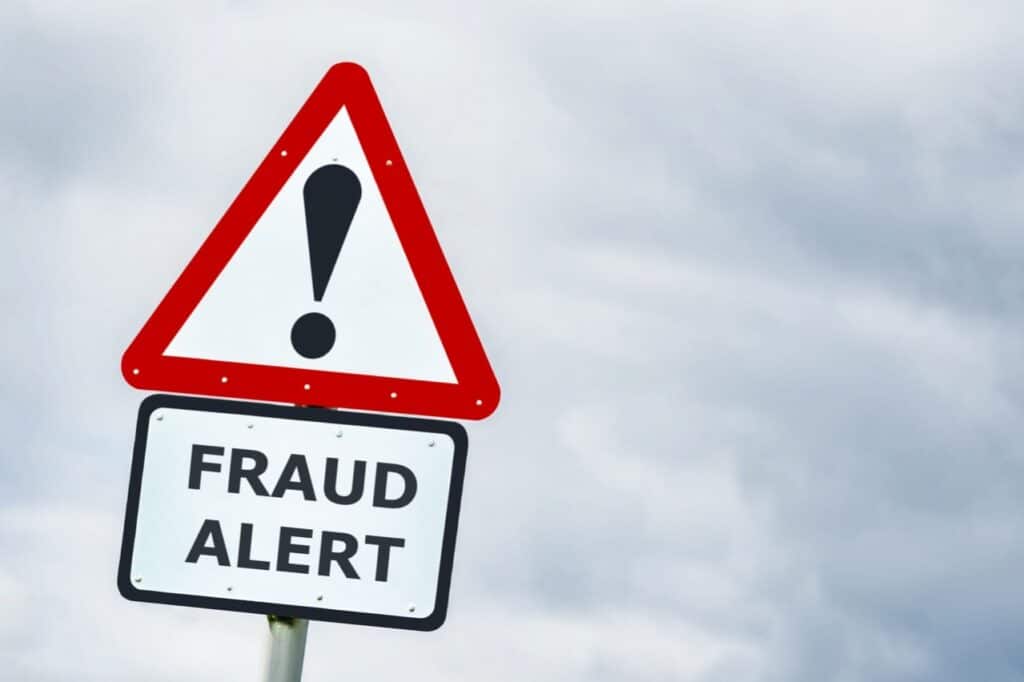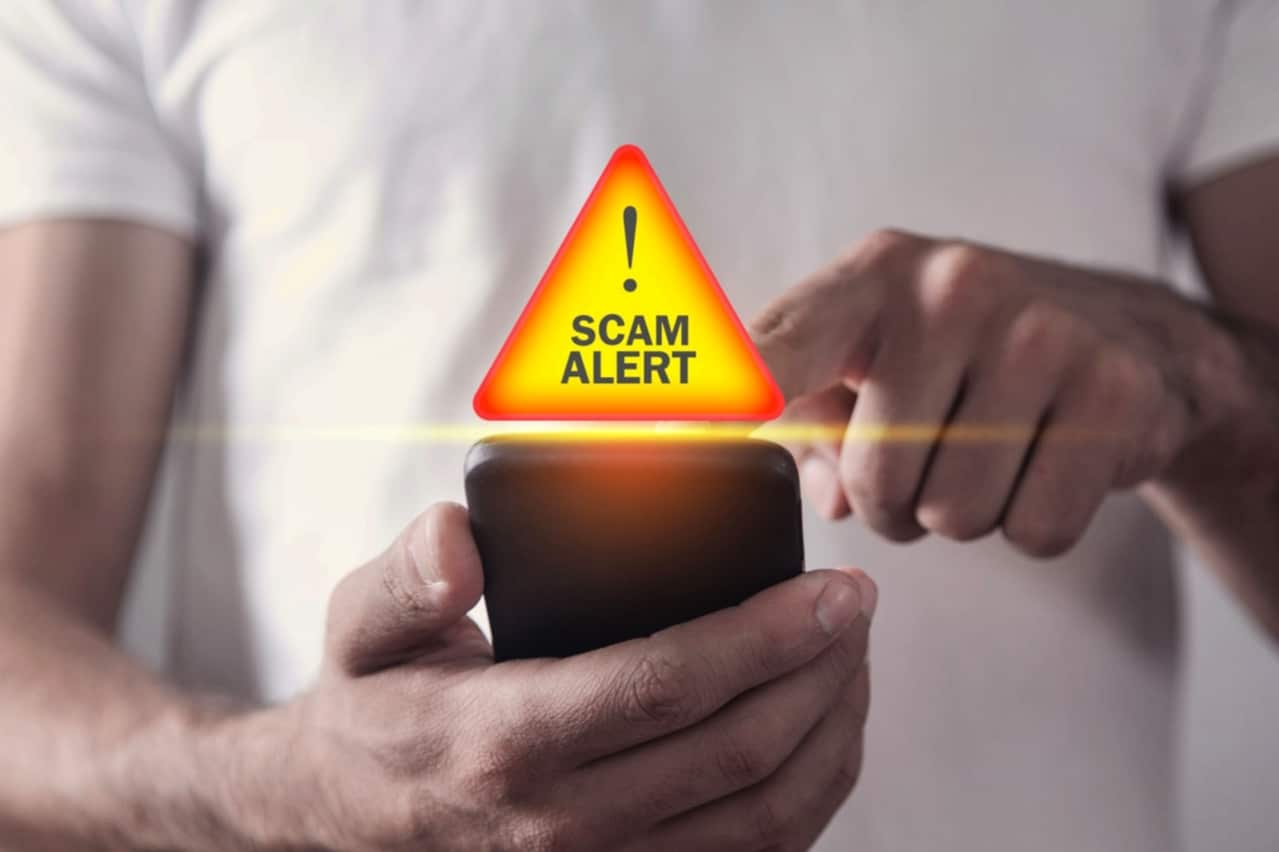In a world where pests are a common nuisance, the pest control industry plays a crucial role in maintaining our quality of life. However, just like any other service industry, it’s not immune to the pitfalls of scams. With a rise in deceptive practices, it’s increasingly important to be vigilant and informed to protect yourself from being swindled by pest control scams.
Pest Share is a technology company that partners with reputable, verified pest service providers across the country. This reduces the risk of renters and businesses falling prey to fraudulent pest control companies.
So, this guide aims to shed light on the different types of pest control frauds and provide practical tips to help you stay one step ahead.
Understanding Pest Control Scams
Pest control scams vary in their approach but share a common goal: to take advantage of unsuspecting homeowners and businesses. These scams often involve unqualified individuals or companies offering pest control services that are either unnecessary, ineffective, or completely fabricated. The scam artists may use high-pressure sales tactics, fearmongering, or false claims of infestations to convince potential victims to pay for services that they don’t need. For example, a pest scammer may try to make quick money by sending fraudulent pest violation notices.

Fight Fraud with Verified Pest Experts
with Pest Share!
Some common tactics include:
Exaggerating Pest Infestation Levels:
Claiming there’s a severe infestation when there isn’t one.
Offering Free Inspections:
Only to later claim the discovery of a non-existent pest problem.
Using Unlicensed or Untrained Personnel:
Who are not qualified to perform pest control services.
Falsifying Evidence:
Such as showing dead pests from another location as proof of infestation.
Being aware of these tactics is the first step in protecting yourself against pest control scams.
Door-to-Door Pest Control Scams
One of the more prevalent types of pest control scams is the door-to-door approach. Here, salespeople or alleged ‘pest control experts’ show up unannounced with offers of free inspections or discounted services. While some legitimate companies do use door-to-door sales, this method is also a common tactic for scammers.
Here are some red flags to watch out for:
Aggressive Sales Tactics:
High-pressure methods to make you sign a contract on the spot.
Vague or Non-existent Company Information:
Lack of clear contact details or a physical address.
Immediate Action Claims:
Insisting that you need to act immediately to address a severe pest problem.
Unverifiable Credentials:
Failure to provide valid identification or a pest control license upon request.
To protect yourself from door-to-door pest control scams:
Request Identification and Certification:
Always ask for ID and check if they’re licensed in pest control.
Do Your Research:
Take time to research the company before agreeing to any services.
Avoid On-the-Spot Decisions:
Don’t sign contracts or agree to services during the initial visit.
Seek Second Opinions:
If they claim there’s a severe infestation, get a second opinion from a trusted and established pest control service.
Recognizing Fake Pest Control Companies
In the maze of pest control services, fake companies pose a significant threat. These entities often create a facade of legitimacy to swindle customers. To differentiate genuine services from impostors, consider the following:
Lack of Online Presence or Poorly Designed Website:
A reputable pest control company usually has a well-maintained website with clear information about their services, prices, and contact details. Be wary of companies with no online footprint or unprofessional websites.
Absence of Reviews or Overwhelmingly Negative Feedback:
Check for reviews on independent platforms. A complete absence of reviews or a pattern of negative feedback can be red flags.
Unrealistically Low Prices:
Be cautious of prices that are significantly lower than market rates. These can be bait to lure customers into scams.
Unmarked Vehicles and Uniforms:
Professional pest control services typically use branded vehicles and uniforms. An absence of these may indicate a lack of authenticity.
Payment Before Service:
If a company insists on full payment before performing any services, it’s a potential sign of a scam.

To avoid falling for fake pest control companies:
Verify License:
Check if the company is licensed to offer pest control services in your area.
Seek Referrals:
Ask friends, family, or neighbours for recommendations.
Compare Quotes:
Get multiple quotes to understand the standard pricing and services.
Bed Bug Scams
Bed bug infestations are stressful, and scammers often exploit this fear. Bed bug scams typically involve fraudsters who exaggerate the extent of an infestation and charge exorbitant fees for unnecessary treatments. They might use fear tactics, claiming that the infestation is severe and requires immediate, costly intervention.
To safeguard against bed bug scams:
Educate Yourself About Bed Bugs:
Understanding their behaviour and signs of infestation can help you assess the situation realistically.
Seek Multiple Opinions:
If a service provider insists on an expensive treatment plan, get a second or third opinion from other professionals.
Look for Evidence:
A credible exterminator will show you evidence of the infestation, such as live bed bugs, eggs, or fecal spots.
Remember, a trustworthy professional will provide a detailed plan of action and be transparent about the process and costs involved in treating bed bugs.
Exterminator Scams: Red Flags and Prevention
Exterminator scams can range from unnecessary services and overcharging to complete frauds who perform no real service. To protect yourself, be aware of the following red flags:
Instant and Expensive Solutions:
Be skeptical of exterminators who offer a quick fix to a pest problem, as effective pest control often requires time and a strategic approach.
Lack of Inspection:
A legitimate exterminator will conduct a thorough inspection before proposing a treatment plan.
No Written Contract:
Avoid exterminators who do not provide a detailed written contract outlining the services, costs, and guarantees.
Pressure to Sign Immediately:
High-pressure sales tactics are a common strategy used by scammers.
For prevention:
Request Detailed Information:
Ask about the specific treatment plan, the chemicals or methods to be used, and the expected outcomes.
Verify Credentials:
Check for certifications, licenses, and insurance. A reputable exterminator should have no issue providing these.
Check References:
Ask for references from previous clients, and take the time to contact them.
Safe Pest Control Contracting
Contracting a pest control service should be done with care and due diligence. Here are key guidelines to ensure safe and legitimate contracting:
Detailed Research:
Investigate the company’s background, including its history, customer reviews, and reputation in the industry.
Insist on a Site Inspection:
A trustworthy company will always perform a thorough on-site inspection before recommending any treatment.
Get Written Estimates:
Obtain detailed written estimates from multiple companies. This should include the cost, treatment plan, and duration.
Understand the Treatment Plan:
Ensure you have a clear understanding of the proposed treatment. A reputable company will be transparent about the chemicals or methods they use and their safety for inhabitants and pets.
Check for Insurance and Guarantees:
Ensure the company has liability insurance and offers a guarantee on their services.
Be Cautious of Long-Term Contracts:
Some companies might push for lengthy contracts. Understand the terms and whether they are necessary for your situation.
Avoid Paying Full Amount Upfront:
It’s common to pay a portion upfront, but avoid companies that require full payment before any work is done.
Reporting Pest Control Fraud
If you suspect you’ve been targeted or victimized by a pest control scam, it’s important to report it. This not only helps you possibly recoup losses but also prevents others from falling victim to the same scam. Here’s how you can report:
Contact Local Authorities:
Report the scam to your local consumer protection office or law enforcement agency.
File a Complaint with Trade Associations:
Many countries have pest control associations that maintain standards within the industry.
Online Consumer Forums:
Report your experience on online platforms to alert others.
Better Business Bureau:
In the U.S., you can file a complaint with the Better Business Bureau.
Reporting is a crucial step in combating pest control fraud and helps in raising awareness about these scams.
Conclusion
Navigating the world of pest control services can be daunting, especially with the risk of scams. By being vigilant, conducting thorough research, and understanding the red flags, you can protect yourself from fraudulent practices. Remember, the best defense against scams is a good offense of informed decision-making. So, stay alert, ask questions, and don’t hesitate to report any suspicious activities. Your diligence not only protects you but also contributes to a safer community. And when in doubt, trust your instincts – if something feels off, it probably is. Stay safe and scam-free!





